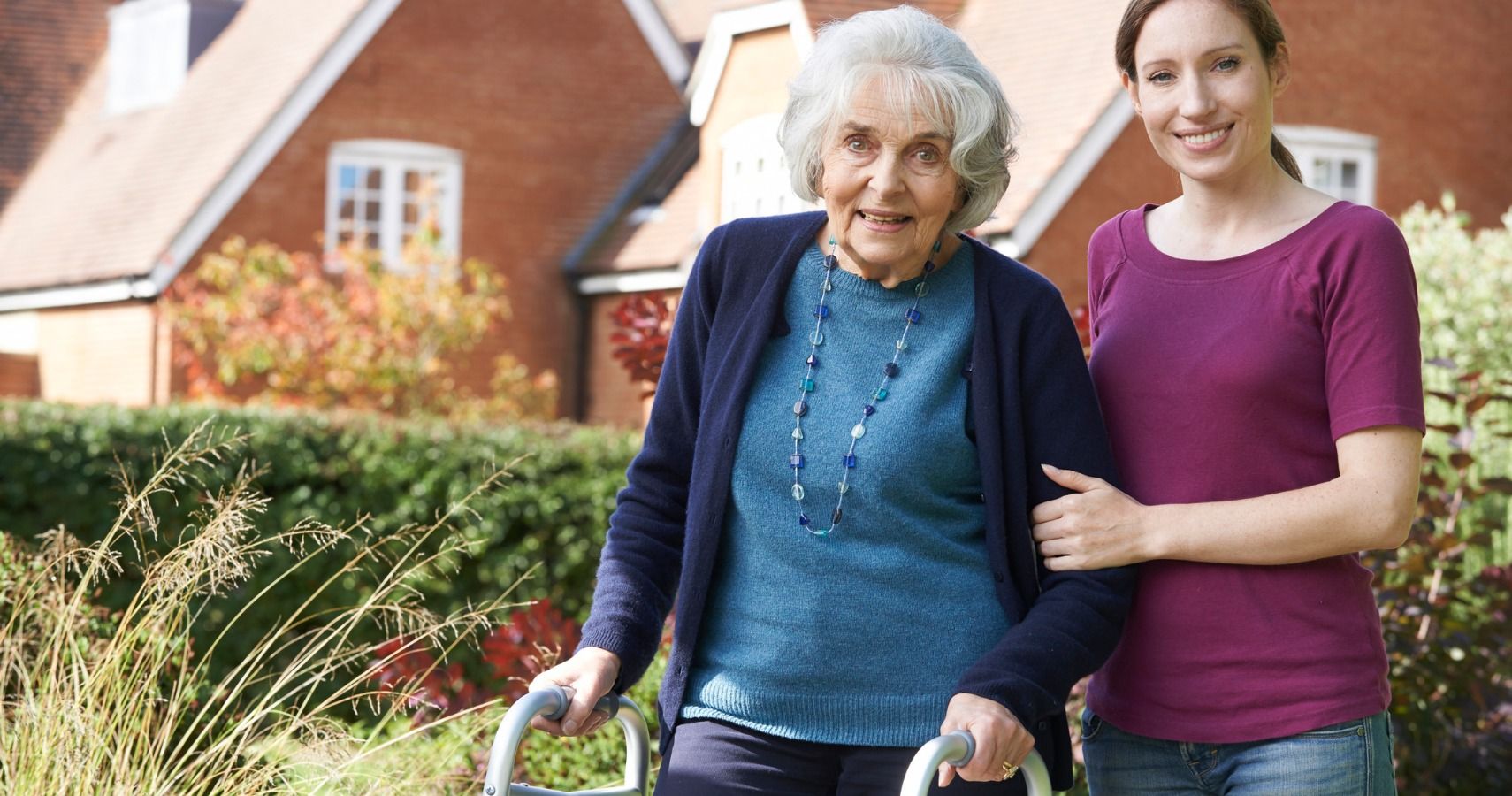Taking care of an elderly family member or person in need isn’t as bad as was previously thought. There’s a new study that suggests that the previous notion that caregiving takes a huge toll on a person’s mental and physical health has been overly exaggerated.
A new study by a team of researchers at John Hopkins Medicine dismisses the idea that taking care of another person can boost a caregiver’s level of inflammation and weaken the function of their immune system. That’s not the case at all as the study proves that the stress associated with caregiving is less than one percent of the variability in a person’s immune and inflammation biomarkers. The research was published in the March 10th edition of The Gerontologist.
According to Science Daily, David Roth, M.A., Ph.D., professor of medicine and director of the Center on Aging and Health at The Johns Hopkins University, was the study’s lead author. He explains that the narrative that being a caretaker is mentally and physically challenging have been over exaggerated.
Dr. Roth explains, “We're not saying that family caregiving can't be stressful, but there's a notion that it's so stressful that it causes deteriorating health and increased mortality. This can lead to fear of caregiving and a reluctance to care for loved ones in need.”
When the researchers studied data from over 1,848 caregivers and 3,640 non-caregivers, they found that there wasn’t much of a difference in the participant’s biomarkers. The study compared caregivers found in clinical settings along with senior centers, churches, and other community organizations to those who volunteer elsewhere.
The National Alliance for Caregiving states that more than 34 million people serve as caregivers nationwide. They provide daily care for the chronically ill, disabled, disadvantaged, and the elderly. The services are estimated to be valued at about $375 billion annually.
Often, a caregiver is given the task to manage a person’s day-to-day schedule while helping them make and meet medical appointments and assist with their daily routine. They also help manage hygiene tasks and keep health care products available while also assisting with bathing and grooming.
Previously, it was believed that many caregivers often suffered from anxiety, depression, irritability, or had difficulty sleeping at night. Others often complained of having trouble concentrating or feeling tired and run down by the end of their day.
READ NEXT: Tired Parents Are Turning To A Parenting Coach For Help

